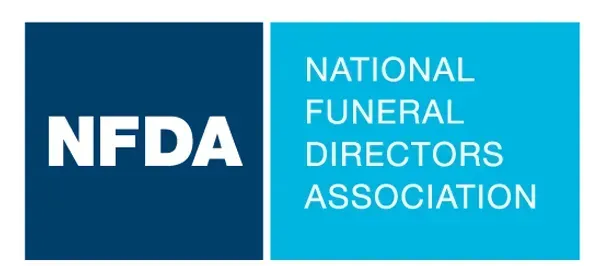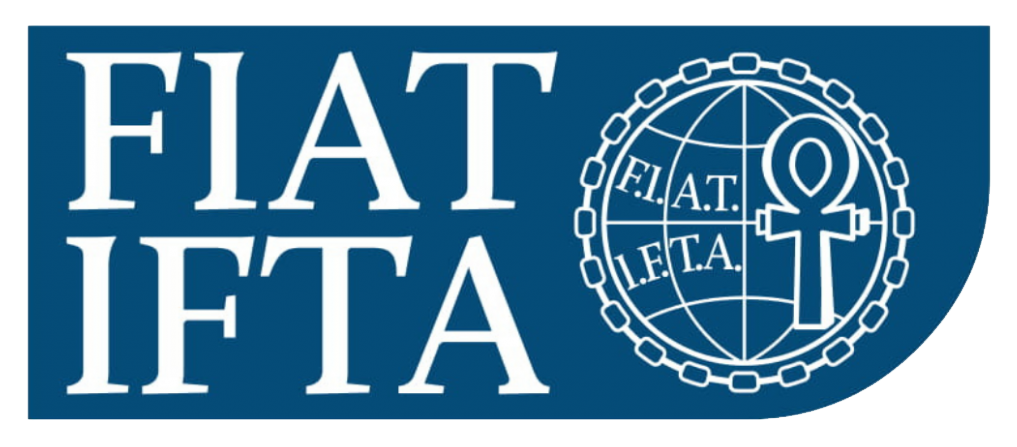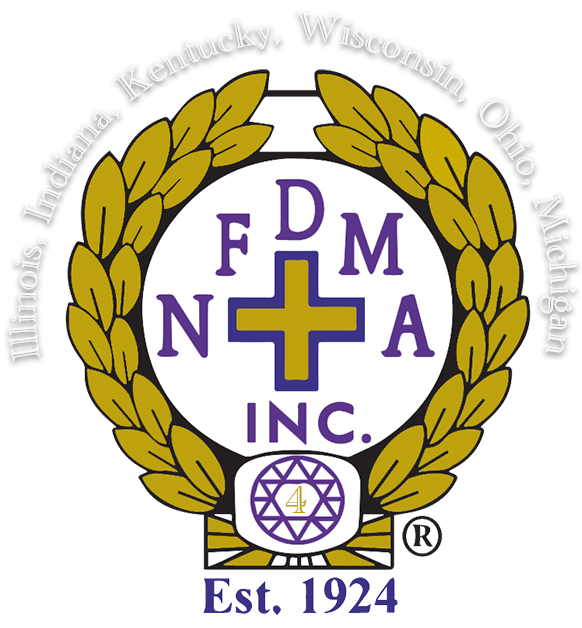The Legal Aspects of Cremations: What You Need to Know

Making end-of-life arrangements involves several emotional and practical considerations. Among them, understanding the legal aspects of cremation is essential to ensure that everything is handled respectfully and lawfully. Families seeking Baltimore, MD funeral services should be aware of these key legal factors to navigate the process smoothly.
Cremation Laws and Regulations
Cremation laws vary by state and sometimes even by local jurisdiction. These laws are designed to protect the rights of the deceased, ensure proper consent, and provide families with clear guidelines.
1. Authorization and Consent Requirements
Before any cremation can take place, legal authorization must be obtained. Typically, the closest next of kin is responsible for signing the cremation authorization form. If there are multiple next of kin, all may be required to consent, or one individual may sign with legal documentation granting them authority.
2. Mandatory Waiting Periods
Many states mandate a waiting period before cremation, generally 24 to 48 hours after death. This period allows for the completion of legal paperwork and gives families time to reconsider their decision if needed.
3. Obtaining the Death Certificate
A certified death certificate is a legal requirement for cremation. This document is often needed for settling estates, claiming insurance, and other administrative processes. Funeral homes can assist in obtaining multiple copies, which are typically necessary.
Key Legal Documents Involved in Cremation
Proper documentation ensures the cremation process proceeds without delays or legal complications. The following are essential documents:
- Cremation Authorization Form: Confirms consent from the appropriate party.
- Death Certificate: Official proof of death, required for legal and financial matters.
- Medical Examiner or Coroner's Permit: In cases of sudden, accidental, or unexplained deaths, official clearance is required.
Failure to complete these documents correctly can lead to delays or legal issues, so working with an experienced funeral service provider is crucial.
Regulations Regarding Personal Belongings and Implants
Certain regulations apply to personal belongings and medical implants when preparing a body for cremation.
Handling Personal Items
Families are typically asked to remove personal effects before cremation. Items like jewelry, watches, and sentimental objects should be retrieved as they cannot be recovered afterward.
Medical Devices and Implants
Pacemakers and certain implants must be removed before cremation to prevent safety hazards. Funeral homes coordinate with medical professionals to ensure proper removal and compliance with regulations.
Environmental and Ethical Considerations
In addition to legal requirements, environmental and ethical considerations play an important role.
- Environmental Regulations: Crematories must comply with air quality standards and other environmental guidelines.
- Respectful Handling: Laws ensure the deceased are treated with dignity throughout the process.
Families concerned with environmental impact can discuss eco-friendly options with their funeral service provider.
How Funeral Service Providers Can Help
Navigating the legal requirements surrounding cremation can be overwhelming, especially during times of grief. Professional funeral service providers play an invaluable role in simplifying the process.
Guidance with Paperwork
Experienced providers ensure that all legal documents are completed accurately and filed promptly. They also explain the necessary forms, so families fully understand what they are signing.
Coordination with Legal Authorities
Funeral homes liaise with medical examiners, coroners, and local officials to secure necessary permits, relieving families of this burden.
Personalized Support and Planning
Beyond legal matters, providers offer guidance on planning meaningful memorial services, helping families focus on honoring their loved ones.
Common Misconceptions about Cremation Laws
Misunderstandings about cremation laws can lead to unnecessary stress. Here are a few common misconceptions:
- "Immediate cremation is always possible." Legal waiting periods often apply.
- "Anyone can authorize a cremation." Only designated next of kin or legally authorized individuals may do so.
- "Personal belongings are returned after cremation." Unless removed beforehand, most items are not recoverable.
Understanding the facts can help families make informed decisions and avoid complications.
Conclusion
Navigating the legal landscape of cremation requires careful attention to detail and proper guidance. Understanding the necessary documentation, obtaining required permits, and complying with state laws ensures a smooth process. If you are considering Baltimore, MD funeral services, we are here to assist you every step of the way, providing both compassionate care and expert guidance. Contact us to learn how we can help you make informed decisions during this important time.















